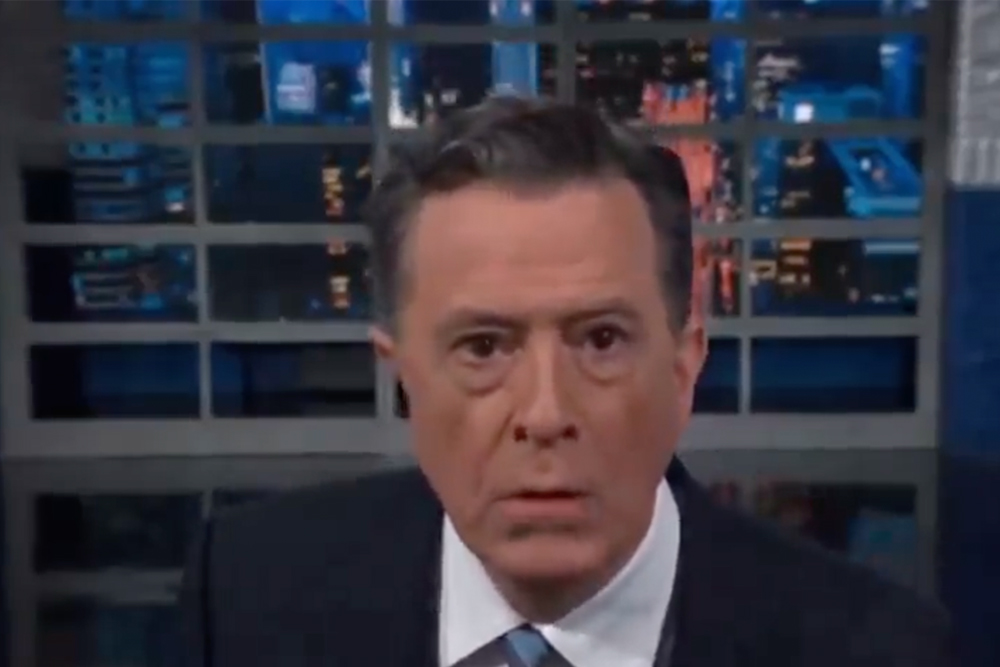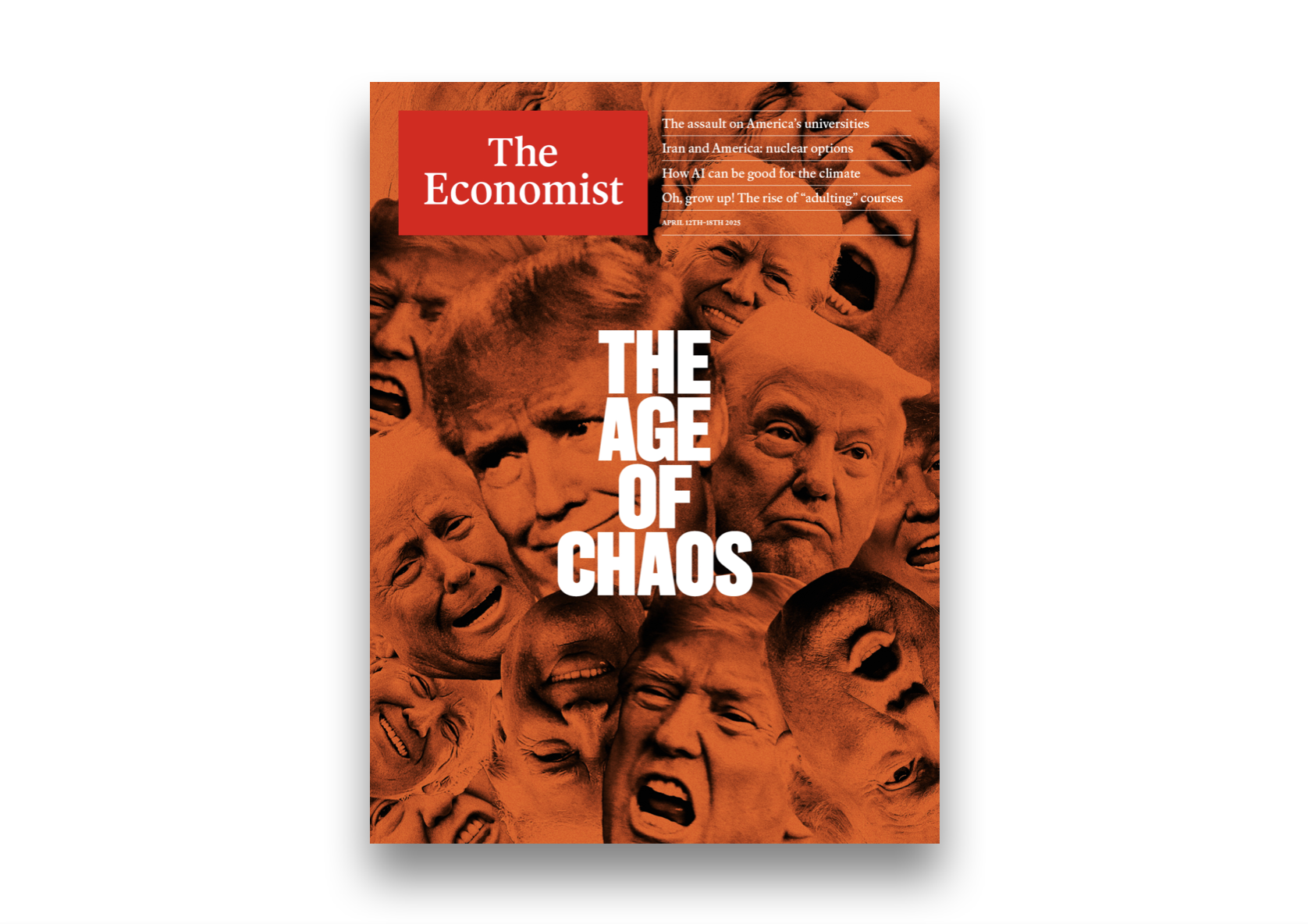Chris Farley would have had his sixtieth birthday last week. One of the comedian’s most memorable live bits happened when, after being introduced by Late Show host David Letterman, burst through the back of the auditorium doors, charged down the audience aisle, slugging applauding attendees in the arm, grabbing them and eventually dumping a plant in a dumpster outside the theater. He ended this entrance with a double cartwheel — no small feat for someone of Farley’s stature at the time.
The crowd was treated to a hilarious moment of personal interaction with one of comedy’s biggest stars at the time. That was then, though. It’s apparent to just about everyone how far late-night comedy and variety shows have fallen. They have become late-night group therapy sessions for the left, where hosts air political grievances over Donald Trump or Republicans to forced clapping. They no longer offer comedy in service of the audience, as it was with Farley and Letterman. It’s all done to reassure how correct the hosts believe themselves to be.
Take for instance, Stephen Colbert’s unhinged rant during a monologue last week. Colbert removed his glasses and angrily scolded the audience into the camera by declaring that none of what is happening with Donald Trump is “normal,” and then went on to chastise the media for not being biased enough against Trump. Colbert has always been a politically biased agent of current events, but now there wasn’t even a pretext of a joke. There was no punchline.
Colbert is the late-night host who most often rolls the red carpet out to Democrat politicians pushing talking points; there is almost no distinction between his late-night show and MSNBC’s morning show. If I was a CBS producer watching back the clips, even if I politically agreed with Colbert, I would be asking myself what the target audience was.
This past weekend, John Oliver spent a chunk of his Sunday night HBO show offering Supreme Court justice Clarence Thomas $1 million and a brand-new Winnebago if he would resign from the Supreme Court. Oliver was attempting to prove Thomas’s corruption, which was hinted at in ProPublica hit pieces, but never proven. But the point seemed lost on Oliver, as were federal bribery laws; that Thomas not taking his offer is actually proof of his non-corruption. Did they think that one through?
Seth Meyers spends his nights lecturing his audience form his desk, Daily Show/Weekend Update style. Jon Stewart has resurfaced to reclaim this format from the hosts and stars he created. Last year when Stewart came out of hiding to appear on his old friend Colbert’s show, he stunned not only the host but the audience when he professed his belief that the SARS-CoV2 variant originated from a laboratory leak and not a wet market. Colbert was stunned, because these hosts have insulated themselves with audiences who are coaxed into clapping their scolding lectures, and guests who all agree with them.
It was a window into just how fragile late-night comedy shows have become. Jimmy Kimmel rarely deviates from Democratic Party talking points and has even performed monologues written by Chuck Schumer staffers. Twenty years ago they all wanted to be Johnny Carson, and now they all want to be Peter Finch in Network. This weekend, comedian Shane Gillis returns to Saturday Night Live to host the show that hired and then fired him over old resurfaced jokes and cast protests.
Maybe his appearance will offer a message to the rest of them: that perhaps there still is a place reserved for making people laugh, instead of forcing them to clap.


























Leave a Reply